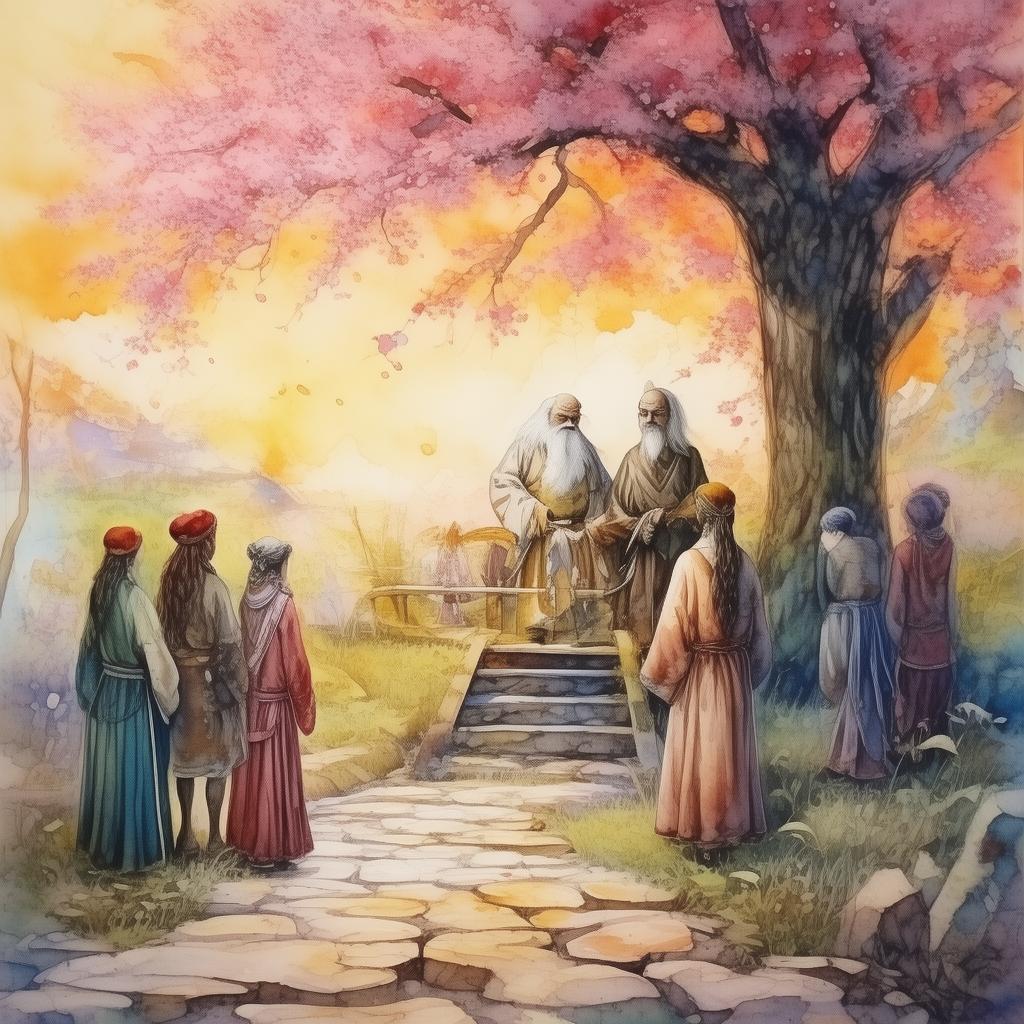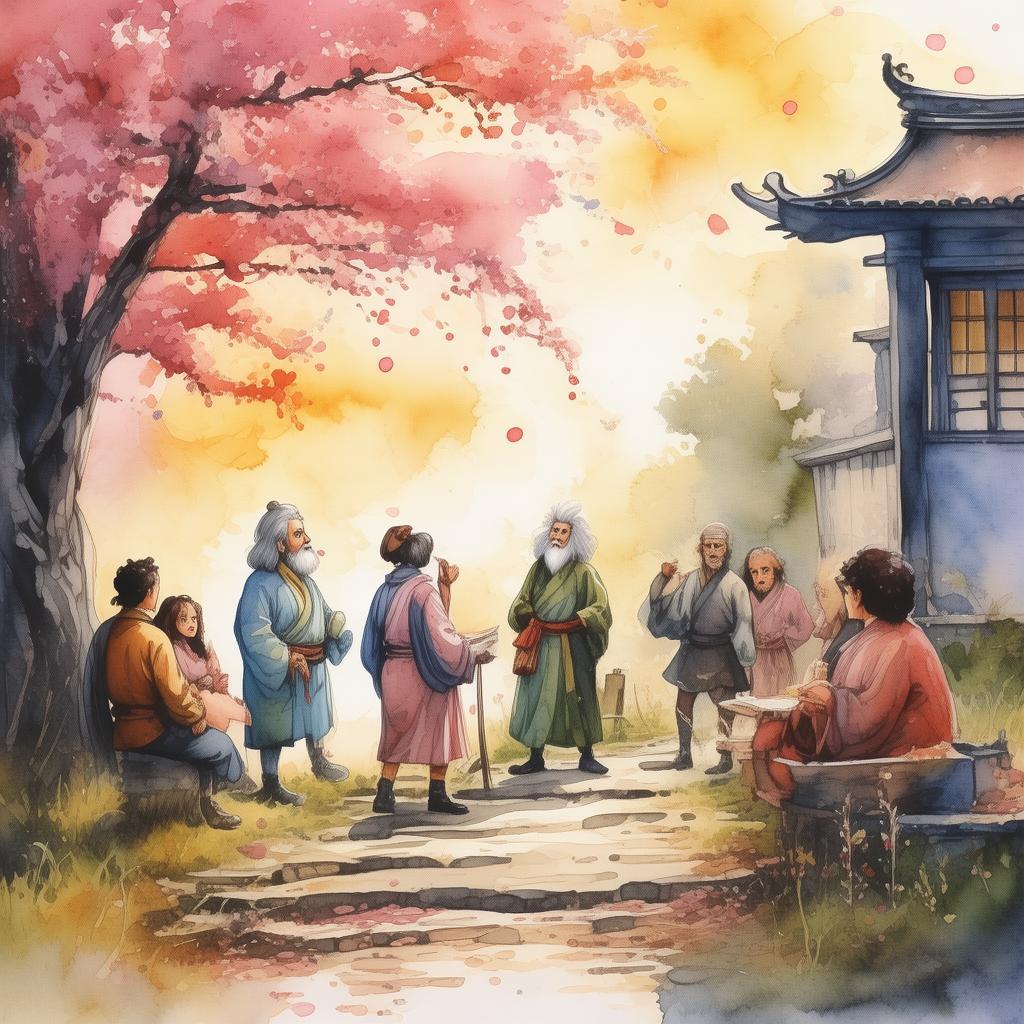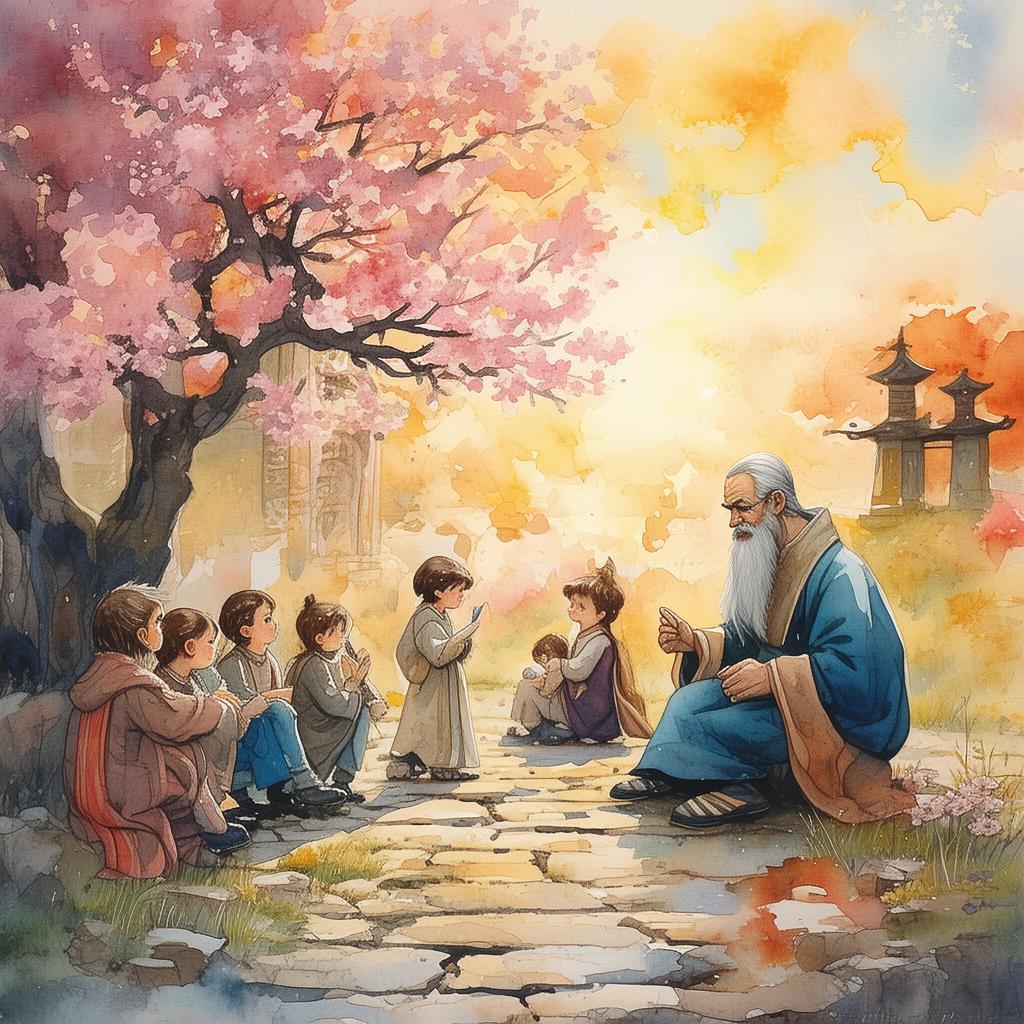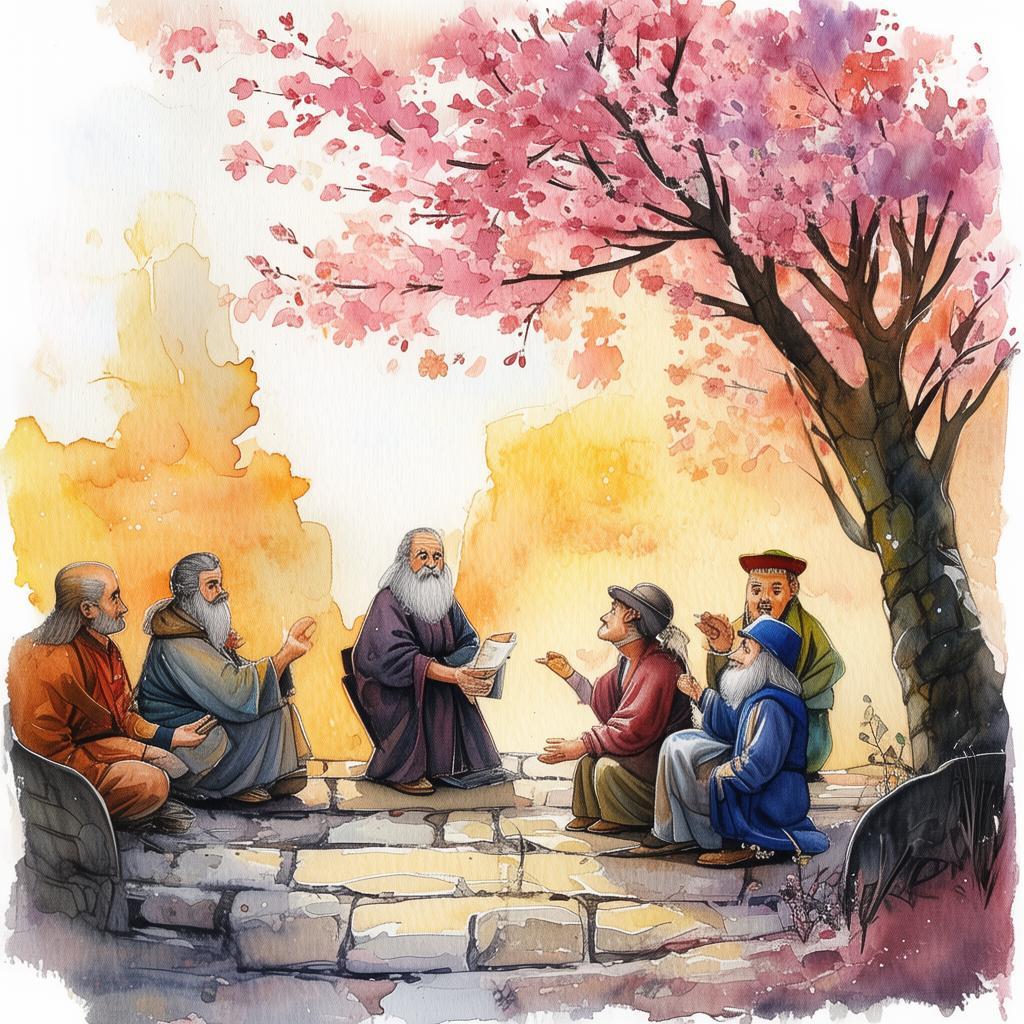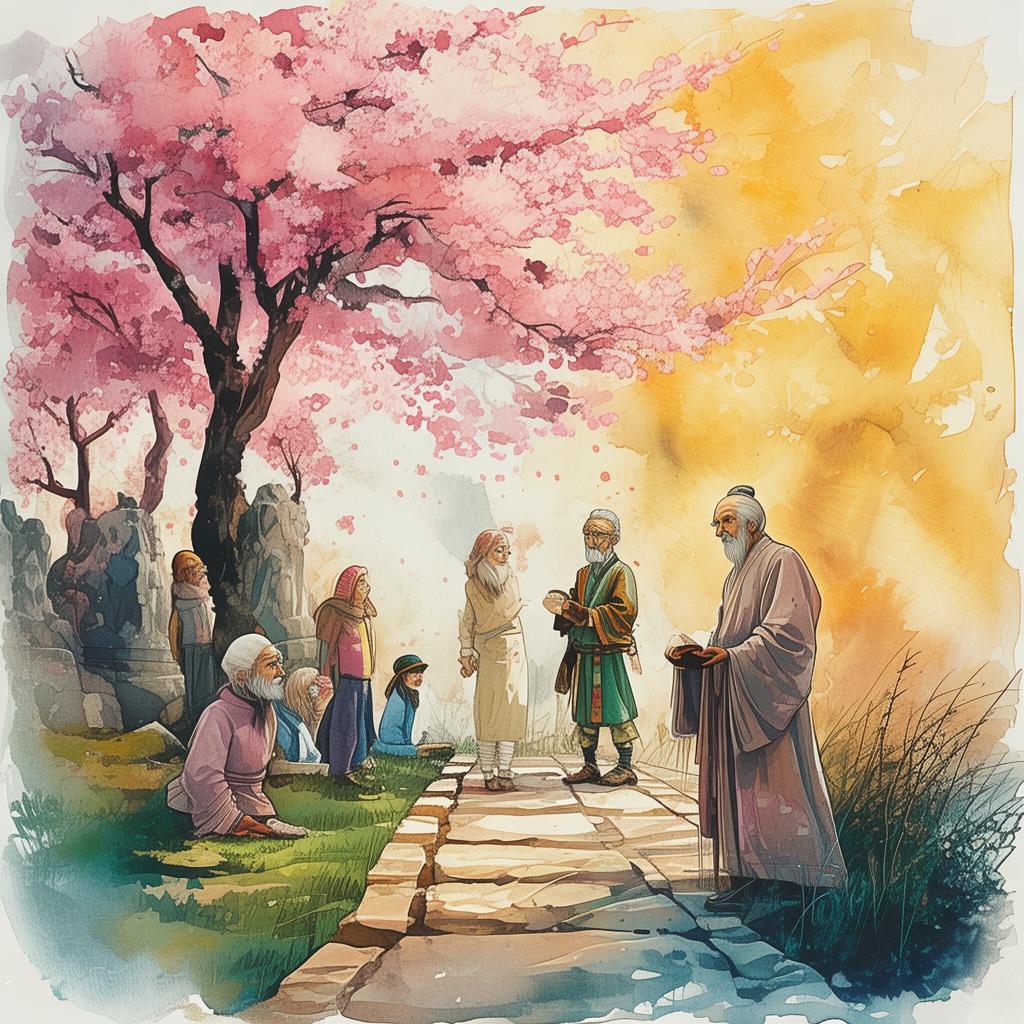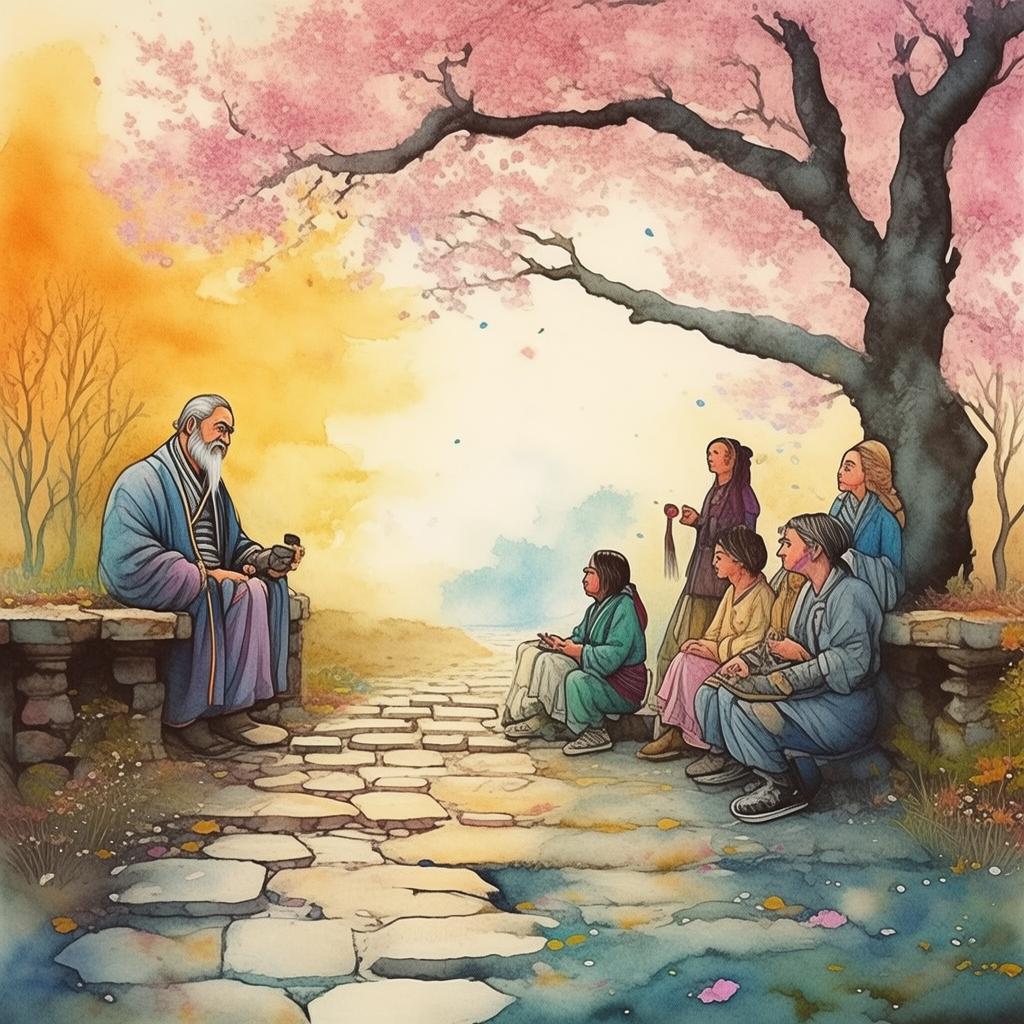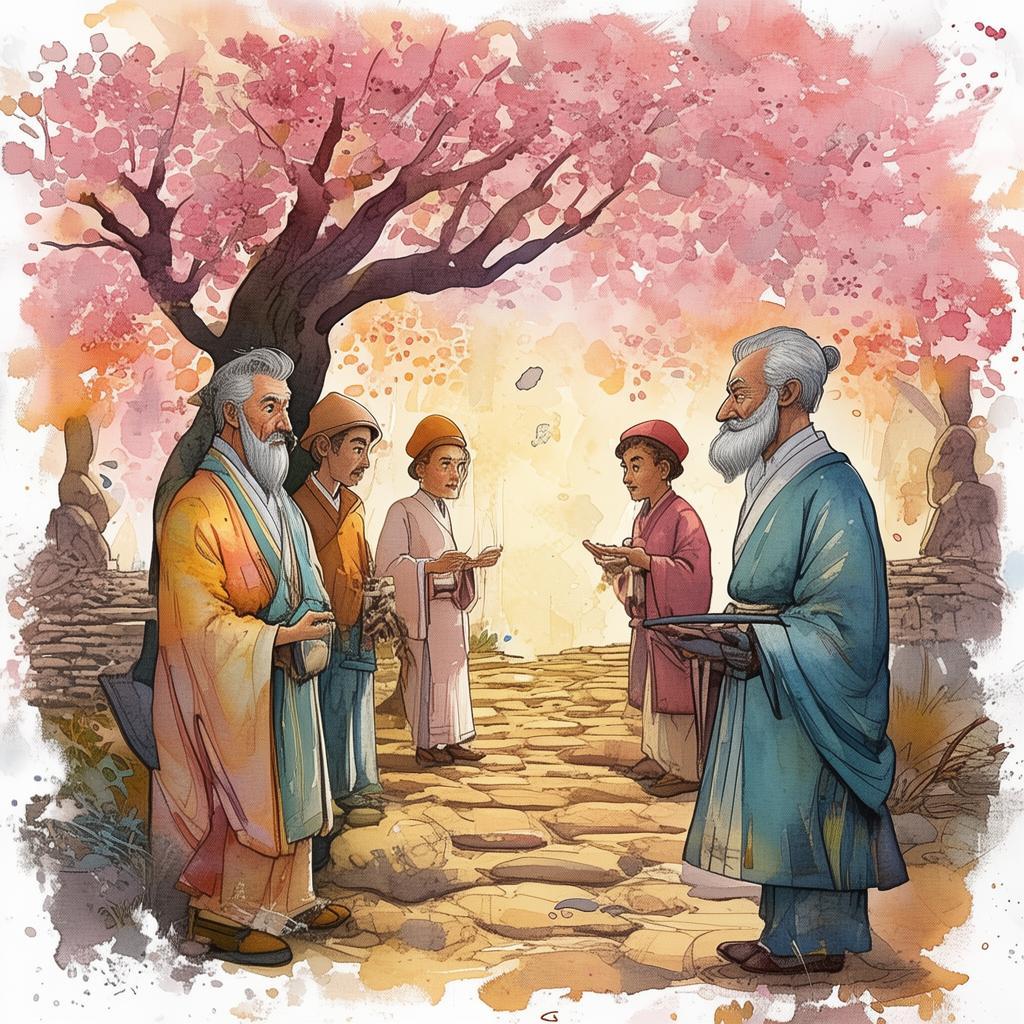The Relaxed Pursuit of Tranquility: A Journey to Bali's Lazy Lane
In the bustling city of Jakarta, amidst the symphony of honking cars and the cacophony of the city, lived a traveler named Wei. He was not your typical traveler, one who sought the thrill of adventure or the allure of exotic locales. Wei was a man of simple tastes, driven by a desire to find peace amidst the chaos of modern life. He sought not the fast-paced, adrenaline-pumping escapades, but rather a place where he could unwind and simply be.
As Wei delved deeper into the labyrinth of travel guides, he stumbled upon an article that piqued his interest—a hidden gem in Bali, known as Lazy Lane. The guide described it as a serene, unhurried stretch of the island, where time seemed to move at a slower pace and the spirit of tranquility reigned supreme. Wei's heart raced with the thought of such a place, a place where he could leave his worries behind and simply exist.
With a backpack and a sense of adventure, Wei embarked on his journey to Bali. The first few days were a whirlwind of activity, filled with the vibrant energy of the island. However, Wei felt as though he was chasing the tranquility that seemed to elude him. The markets were bustling, the beaches were crowded, and the streets were filled with a cacophony of sounds.
One morning, as the sun cast a golden hue over the rice paddies, Wei decided to take a different path. He followed the winding roads that led away from the bustling towns and into the lush countryside. The farther he ventured, the more the world seemed to quiet down. The streets became less crowded, the sounds of nature filled the air, and the people seemed more relaxed and welcoming.
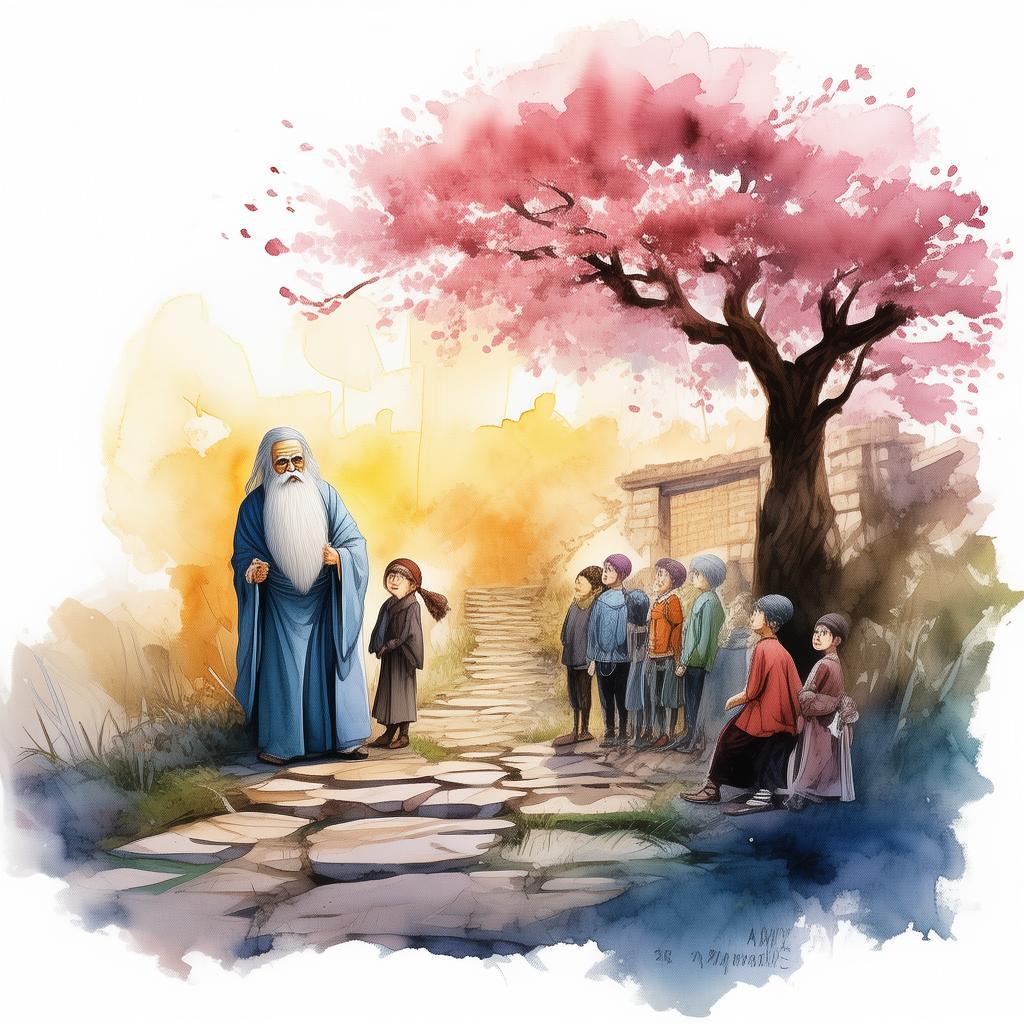
It was in this tranquil setting that Wei discovered Lazy Lane. The road was narrow, lined with the occasional palm tree and a gentle stream meandering through the underbrush. The pace of life here was distinctly different from the rest of Bali. People moved with purpose but without haste, their laughter mingling with the calls of distant birds.
Wei felt a wave of relief wash over him as he stepped onto Lazy Lane. He wandered through the small shops, each one offering a different glimpse into the local culture. From the aromatic spices in the spice shop to the delicate batik fabrics in the tailor's stall, the lane was a testament to the richness of Balinese culture.
In a quaint café, Wei struck up a conversation with a local named Nila. Nila was a storyteller, a weaver of tales that spoke of the island's history and its people. As they conversed, Wei felt a profound connection to this place, to these people, and to the way of life that seemed so at odds with the world he knew back home.
Nila spoke of the Balinese philosophy of "Lewih Wewuh," which translates to "the art of relaxing." It was a concept deeply rooted in Balinese culture, a belief that life's greatest joys come from the simple pleasures—savoring a meal, sharing stories with friends, and finding peace in the present moment.
Wei realized that the tranquility he sought was not a destination, but a state of being. It was in the gentle breeze that rustled through the leaves, in the taste of a freshly brewed cup of coffee, and in the warmth of the sun that kissed his skin. It was in the laughter of a child, in the wisdom of an elder, and in the connection he felt with the world around him.
As days turned into weeks, Wei immersed himself in the life of Lazy Lane. He learned to weave with Nila, to cook with the local chefs, and to meditate with the monks. Each day brought a new experience, each moment a deeper understanding of the Balinese way of life.
One evening, as the sun dipped below the horizon and painted the sky with hues of orange and pink, Wei sat with Nila on the veranda of the café. They watched the world wind down, the last remnants of the day's chaos dissipating into the night.
"You see," Nila began, "the secret of Lazy Lane is not the destination itself, but the journey. It is the art of taking things slow, of savoring each moment, and of finding peace in the simplicity of life."
Wei nodded, feeling a profound sense of contentment. He had found what he was looking for, not in a destination, but in a way of life.
In the end, Wei left Lazy Lane with a heart full of gratitude and a spirit at peace. He returned to Jakarta, not as a traveler, but as a man transformed. He carried with him the lessons of "Lewih Wewuh," the wisdom of Nila, and the memories of Lazy Lane. He shared these with the world, inspiring others to find tranquility in the simple joys of life.
And so, the story of Wei's journey to Bali's Lazy Lane spread far and wide, a tale of transformation and tranquility that resonated with the hearts of many.
✨ Original Statement ✨
All articles published on this website (including but not limited to text, images, videos, and other content) are original or authorized for reposting and are protected by relevant laws. Without the explicit written permission of this website, no individual or organization may copy, modify, repost, or use the content for commercial purposes.
If you need to quote or cooperate, please contact this site for authorization. We reserve the right to pursue legal responsibility for any unauthorized use.
Hereby declared.
